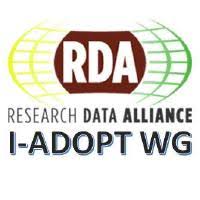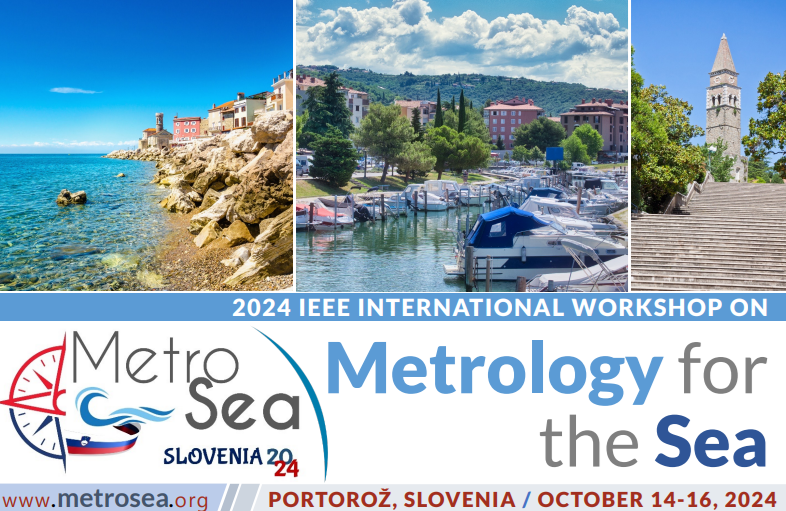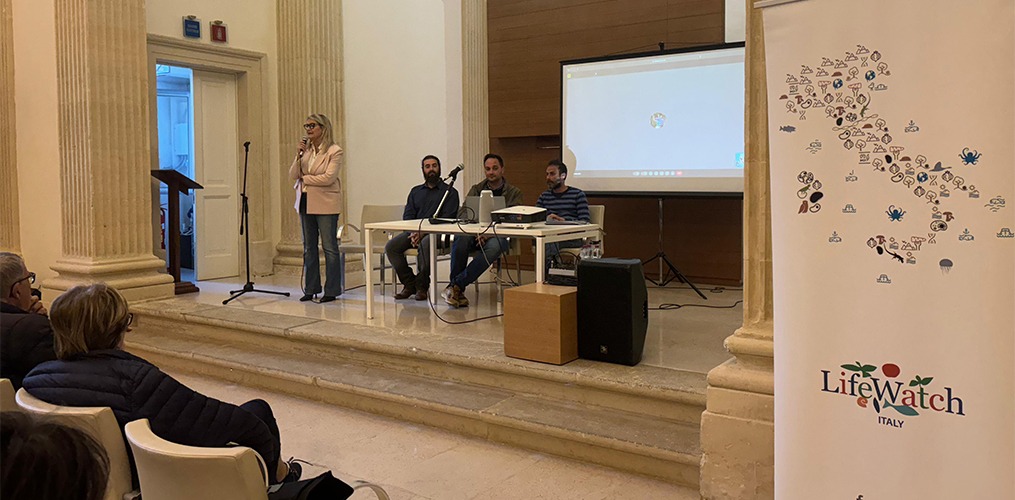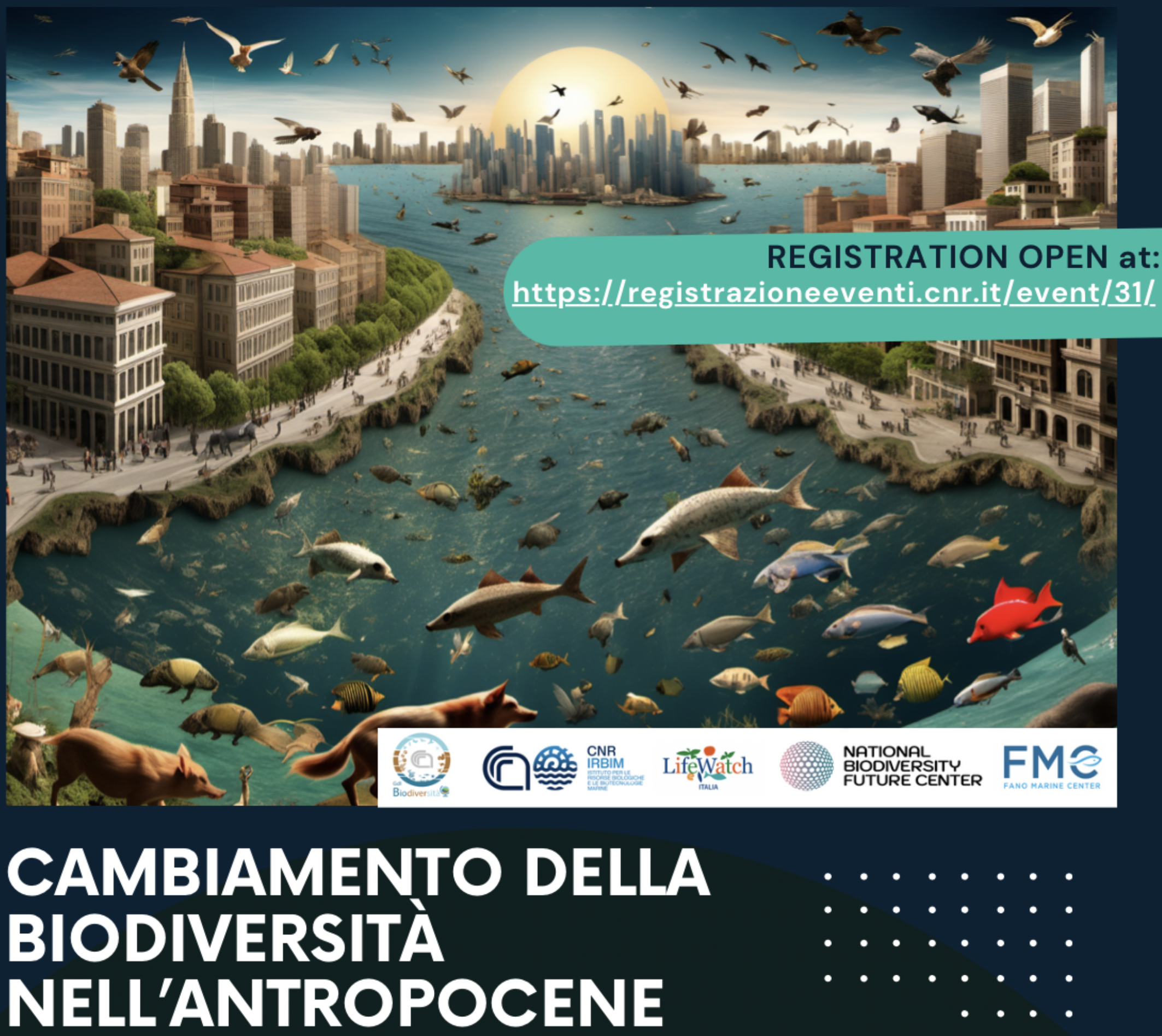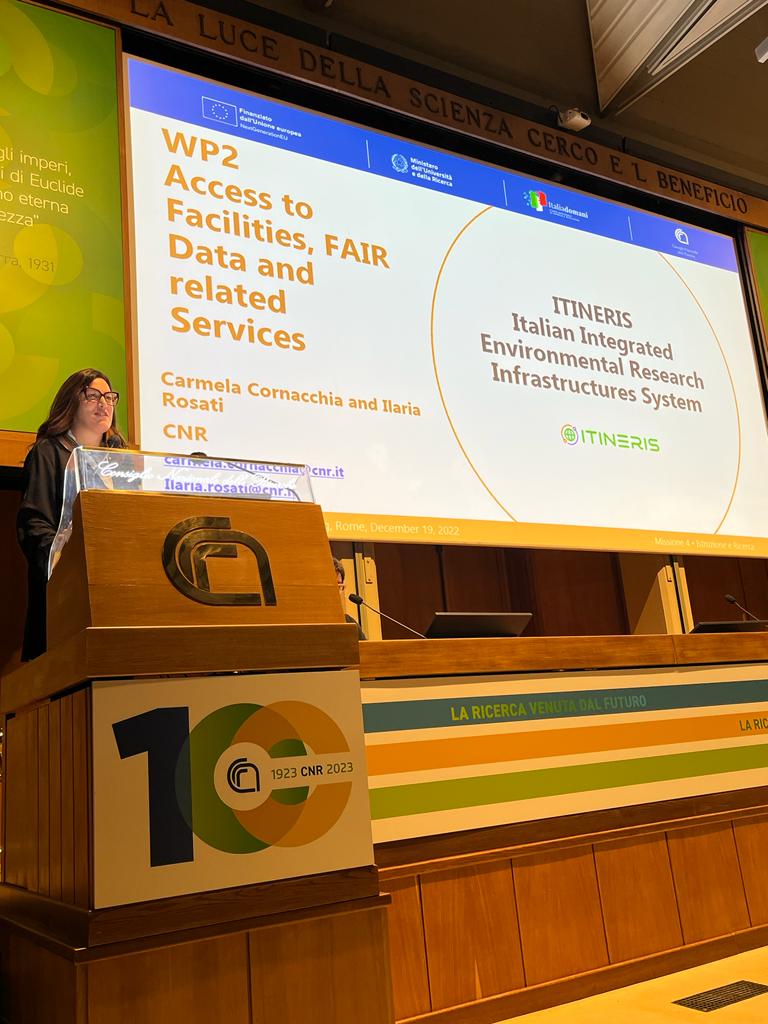Yesterday, 19 December 2022, the kick-off meeting of ITINERIS, the Italian Integrated Environmental Research Infrastructures System, was held in Rome. The project, funded with €155 million from the PNRR and coordinated by the CNR (the Italian National Research Centre), involves 22 European and Italian research infrastructures.
Gelsomina Pappalardo, CNR researcher and Italian delegate at the ESFRI Forum, who chaired the event, highlighted that: “this is a unique project of its kind, even if it has a formal duration of 30 months, it will change the future of Research Infrastructures in Italy with an impact on research for at least the next ten years”. The project aims to establish an Italian hub for accessing data, services and facilities for interdisciplinary study in the four environmental domains: atmosphere, marine, terrestrial biosphere and geosphere.
Work Package 2 of the project, presented by Carmela Cornacchia (CNR-IMAA Potenza) in collaboration with Ilaria Rosati (CNR-IRET Lecce and LifeWatch Italy) is in fact dedicated to “access”. Access to research infrastructures refers to the regulated use of research infrastructures, and to the services offered by them, be it physical, remote, or virtual access – as in the case of data and digital services. With WP2, ITINERIS aims to ensure the FAIRness of the access as well (Findable, Accessible, Interoperable, Reproducible). The challenge is to coordinate the 22 infrastructures towards alignment with the requirements set by the European Open Science Cloud (EOSC).
WP3, coordinated by Alberto Basset, Director of the LifeWatch ERIC Service Centre and Manager of the LifeWatch Italy Joint Research Unit (JRU), will take care of training internal staff and future users of the infrastructures. More than 60 training courses are foreseen for the next 30 months.
After the presentation of WP4, 5, 6 and 7 dedicated to the four domains, each with the development of specific case studies, Antonello Provenzale, CNR-IGG and Coordinator of the LifeWatch Italy JRU, presented WP8. This WP will develop the Virtual Research Environments for data analysis and modelling of future scenarios in ITINERIS’ domains of interest. “Having a central hub that functions as a gateway for users to the infrastructures” said Provenzale, “will make us an example at a European level”.
